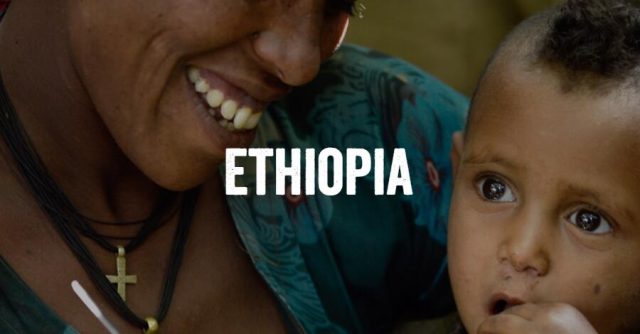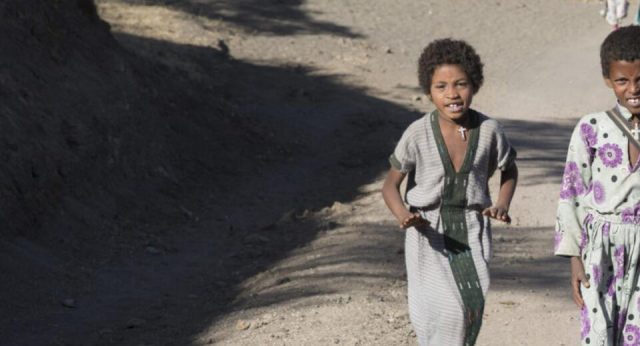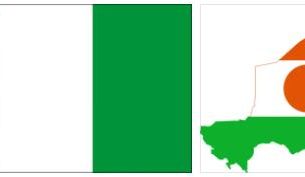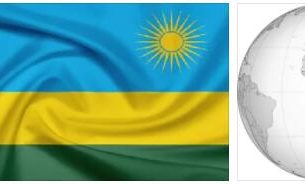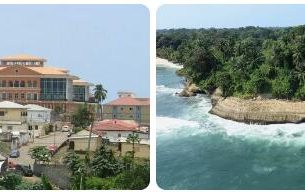Since 2007, seven of Ethiopia’s regions have established their own anti-corruption bodies to combat and prevent corruption. On Friday, August 4, 2017, the ten-month emergency in Ethiopia was lifted. But droughts, floods and internal conflicts continue to make the situation difficult for the country’s residents. In addition, the country receives many refugees from neighboring countries.
Various weather phenomena have led to a very severe drought in large parts of Ethiopia. In most parts of the country, the rainy season did not occur in both 2015 and 2016. This had catastrophic consequences for the harvest, which will feed 70-80 percent of the country’s population. The UN estimates that 8.6 million people in the country now face serious problems finding food, and children are the most vulnerable.
Plan International has, together with authorities and other organizations, implemented measures in the hard-hit regions of Oromia, Afar and SNNP. Here we work specifically with nutrition and food safety, water and hygiene, child protection and financial security.
Some results from the past year
Of all the refugees who came from neighboring South Sudan between August 2016 and September 2017, 65 percent are estimated to be children. Many have lost their parents and relatives. Plan International has established 19 child-friendly zones in the refugee camp where children can play and learn in safety under the supervision of staff. The staff is also present to offer psychosocial support to the children, as many have experienced traumatic events while on the run. In the child-safe places, the children can be children.
In the camps, we also help identify the children who have lost their parents and siblings and tried to trace their families. In collaboration with social workers, we have also worked to identify the children who need additional support.
The right to security
Reading lessons for the children on the run
When the evening comes, my mother reads stories to me. My favorite book is about a boy named Kulang and his dog. I tell the stories I pass on to my sisters and brothers and all my friends.
Babur, 8 years
Babur lives in one of the refugee camps in Gambella. His mother says that with all the worries she has had, she has never thought about reading to her children. Babur has come to Plan International’s day center in the camp every day to attend the reading sessions for the children in the camp. 46 volunteers and the establishment of 40 reading groups have inspired 1751 children. Several have significantly improved their reading ability. The reading studies become a long-awaited break in an otherwise chaotic everyday life. The project is a collaboration between Plan International and the UN refugee agency UNHCR.
Financial security
Savings and loan groups provide greater financial freedom
Now I know how to get new customers, and keep the ones I have over a longer period of time. I now have more than 150 regular customers.
Aregash
Aregash is one of the women who participated in one of the savings and loan groups that Plan International has initiated outside the capital Addis Ababa. There, they have received training in business administration, customer management and marketing. A market center was also established where women could stand and sell their goods. The participants sell everything from traditional bread (injera) to vegetables. The project involves 276 women in the area. The goal is to give women greater financial freedom – and thus a stronger position in the family and the ability to plan their own financial future.
Support is needed when the drought hits harder and harder
Thirteen-year-old Ayni from Habro in Ethiopia, just like other teenage girls in her area, has a lot of daily tasks to do. She is responsible for many household chores, but the most important and difficult task is to fetch water for the family.
Together with her friends, Ayni walks for hours along the far too dry river, before they can return with heavy thumps. Life was easier when they could rely on the nearest river for daily water needs, but it has completely dried up. It is the small-scale farmers and other people in rural areas who are worst affected by the effects of climate change. The drought is leading to increased poverty, water and food shortages.
– I fetch water both in the morning and in the evening, she says.
The lack of water has led to her often missing the school, which is a couple of kilometers away, which risks leading to Aynis’ generation not being able to get out of poverty.
– Many of my friends have left school completely because they have to spend so much time looking for water. I only go to primary school, I should go to middle school now, says Ayni.
During the long walks, the girls are also at risk of being attacked by animals or being subjected to sexual harassment. Carrying the heavy cans so far is also not healthy in the long run. When the rain finally comes, after months of drought, Ayni is relieved.
– Today I do not have to go to the river, I can collect water from the roof. I hope the river fills up soon so we get enough to drink, she says.
Plan International provides food to save lives in the areas affected by drought, but we also provide seeds and other necessities needed for families to survive and re-establish themselves. We also train health workers who can keep track of the small children to ensure that they get enough food and that the parents take care of hygiene. Children under the age of five are extra sensitive and risk life-threatening malnutrition.
Facts about Ethiopia
Capital: Addis Ababa
Population: 102 million
Life expectancy: 65 years
Infant mortality rate: 41 per 1000 births
Proportion of children starting school: 65.3%
Literacy: 39%
Proportion of women in parliament: 38.8%


